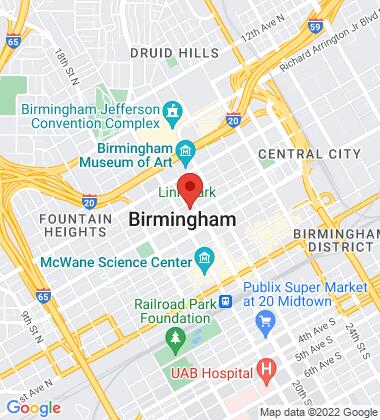If you’re arrested for DUI or you know anything about the DUI process at all, you’ve likely heard the term “probable cause” at some point. Probable cause is an important distinction in that officers must establish it in order to legally arrest someone on suspicion of a crime. For DUI cases, this is extremely important because officers must lawfully arrest someone in order to take a blood or breath sample from them, test it for its alcohol concentration level, and then submit that sample as evidence for their trial.
However, probable cause has long been a debated and contested concept, with both law enforcement and defense lawyers, citizens, and civil rights activist groups debating what does and does not determine reasonable grounds for probable cause, thus ruling arrests either justified or unjustified based on unique situations. On this blog, we’ll dive further into this concept in order to help you determine if your DUI arrest was justified.
Why Is Probable Cause Necessary?
If officers think someone has been driving drunk, why can’t they just pull them over and test their blood or breath? The answer is simple: it’s forbidden by the U.S. Constitution. More specifically, the Fourth Amendment forbids “unreasonable search and seizure” by authorities, which severely limits law enforcement’s ability to search you and collect evidence against you.
Normally, this means law enforcement would have to go to court and get a search warrant signed by a judge in order to arrest you and search you for blood alcohol. However, this is a long process that requires extremely specific terms for what officers hope to find, where they hope to find it, where they’re going to search, and when. As a result, the evidence of the crime may disappear before the warrant is even given, thus killing the case before it even starts.
Thus, DUI law often makes use of a special exception that essentially allows officers to search without a warrant if they believe that going through the effort of getting a warrant would result in the destruction of evidence. However, this exception can only be properly utilized if officers are able to establish probable cause, or a reasonable suspicion that a crime has been committed.
Establishing Probable Cause in DUI Cases
There is no black-and-white definition for what amount of a suspicion is necessary in order to determine probable cause, and this does lead to a lot of controversy and case-by-case determinations by judges. Judges are the ultimate determiners of probable cause: an officer may believe they had enough evidence to confirm probable cause, but a judge may disagree.
However, in DUI law, officers have a few valuable tools available to them that can aid in determining probable cause and making more accurate arrests: field sobriety tests. A field sobriety test is a task that officers ask those they suspect of driving drunk to voluntarily participate in in order for them to determine whether or not someone has been driving while intoxicated. If someone fails a field sobriety test, officers may use this failure to claim they have established probable cause. This then justifies the arrest and authorizes them to search the suspected individual by compelling them to take a blood, breath, or urine test.
It’s important to note that field sobriety tests are not searches, and because a suspected individual has not been arrested, they are not required to submit to them. You can refuse to participate in one of these tests. However, officers may be able to claim your refusal to take a sobriety test could be a sign of your intoxication and still claim probable cause and arrest you anyway, so don’t be surprised if that doesn’t get you back in the car and back on the road.
If you believe the officers in your case made errors in judgement that led to a false arrest, call Tidwell Law Group, LLC at (205) 536-7770 and let our Birmingham DUI attorneys help you with your case.

